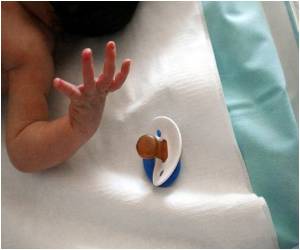Team of scientists have found that misfolding and other molecular anomalies in a key brain protein is linked to autism spectrum disorder.

Genetic misfolding of neuroligins is thought to prevent normal formation and function of neuronal synapses. The gene mutation has been documented in patients with autism.
"It makes sense that there's a connection," said Taylor.
"The neuroligins are involved in maintaining neuronal synapses and their malfunction is likely to affect a neurodevelopmental disease," he added.
Neuroligins are post-synaptic proteins that help glue together neurons at synapses by connecting with pre-synaptic protein partners called neurexins. They are part of a larger family of alpha-beta-hydrolase fold proteins that includes many molecules with diverse catalytic, adhesion and secretory functions.
Using live neurons in culture, the researchers found that different mutations caused different degrees of misfolding of the protein structure, which translated into trafficking deficiencies of varying severity regardless of alpha-beta-hydrolase protein type, yet resulted in distinctly different congenital disorders in the endocrine or nervous systems.
Taylor said identifying and describing the misfolded protein link advances understanding of the complex causes of certain autisms, including the influences of genes versus environment, and perhaps offers a new target for potential drug therapies.
The report has been published in the Journal of Biological Chemistry.
Source-ANI
 MEDINDIA
MEDINDIA


 Email
Email










